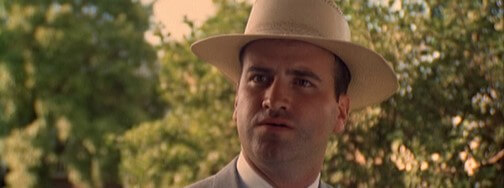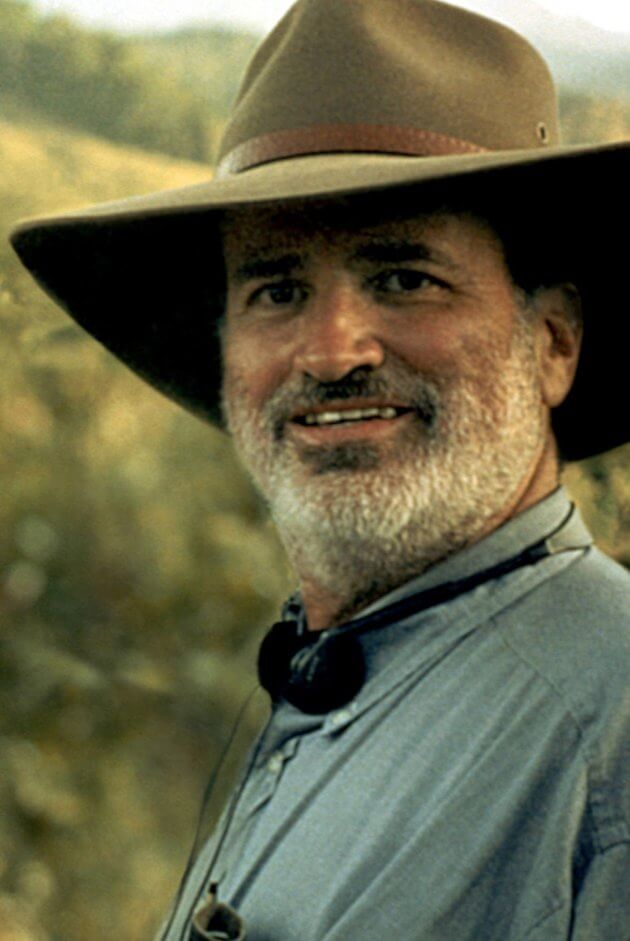More often than not, any criticism that comes Terrence Malick's way has less to do with the film he has made and more, much more, to do with the way the critic has approached it. With many cinematic writers the approach taken to movie criticism, or reviews, is for the author to flex their analytic muscles and show their readers how much they understand about the formal language of film. Yet, in the case of Terrence Malick and, indeed, much of the most misunderstood moving image-making out there, this is entirely the wrong approach to take. Malick's latest film, To The Wonder, has met with too many people asking: "What does this mean?" The sensible approach, indeed the only one that should really be taken with Malick, is instead: "How does this make me feel?"
Malick's films, composed entirely of the most sumptuous and exquisite visuals imaginable and voice-overs of golden poetry, place little importance on classical narrative in the way that many film critics are used to (which is partly attributable to the confused responses many of his motion pictures gain). Rather than Machiavellian character arcs or flushes of dramatic irony, Malick instead makes cinematic journeys which are, simultaneously, much more oblique and abstract story-telling wise and also warmer and richer than the average piece of cinema.
Malick's films all exist in the same universe as the most pathos filled moments of our lives. Many of us have recollections of vanishing hours as we sit and watch the silent symphony of falling snow, or nature's artwork of a setting sun painting its golden hues across the sky with infinite strokes of the most assured hands. Some of us have been lucky enough to find ourselves captured in moments which afterwards, we may have remarked, were "much bigger than us" - be that stood on the precipice of the Grand Canyon or witnessing, in person, the overwhelming majesty of aurora borealis. On none of these occasions would it be necessary to look for a semantic explanation for why the events were so powerful, or profound - all we know, when stuck in them, is that they are beautiful and life feels good. This is a Terrence Malick film - a condensation of all these unexplainable powerful and magical instances in our life strained into the running time of the modest medium of film.
When an individual listens to a piece of classical music, a reading which lest we forget bears no words, it would be ludicrous for a critic to try and discard or criticise it for the reason they could not find a classical narrative contained within. Pachelbel's Canon , an aching piece which repeats over and over the same eight chord lament whilst reaching deep into the listeners stomachs and tear ducts caressing them with a lilting string of fragile harmonies, is no less a regal and joyous triumph of art because it bears no semantic meaning - indeed, the fact that no words or meaning can be drawn from it, leaving the listener to digest and comprehend their own emotional response, is part of the enigmatic, humbling magic of the spiraling composition. The "what does it mean?" (something which is incredibly reductive) is nowhere near as important as the "how does it make me feel?"
And this is why films which are as much about feeling as they are about ideological achievements are often discarded - it is easier for a critic to write about what they (objectively) believe something to mean than it is to describe their emotional responses. As such, much criticism of Malick comes not from the films themselves but from the paucity of the critics' imagination, an inability to be flexible with their thoughts or, sadly, the ambition to match the feeling in their hearts with the words they flesh out. If Malick's characters or narratives aren't exactly Shakespeare, that's fine - instead they can be the lilting grace notes of snow; wondrous, profound, weightless and possessing a beauty which sometimes words won't do justice to.
Now please go listen to this song .



No comments
Post a Comment